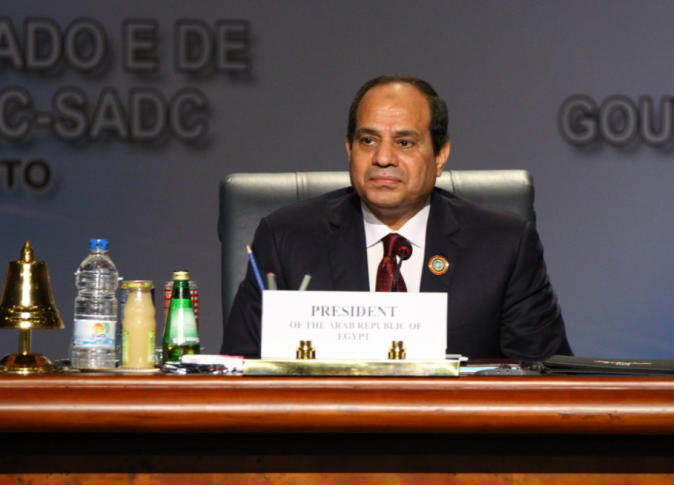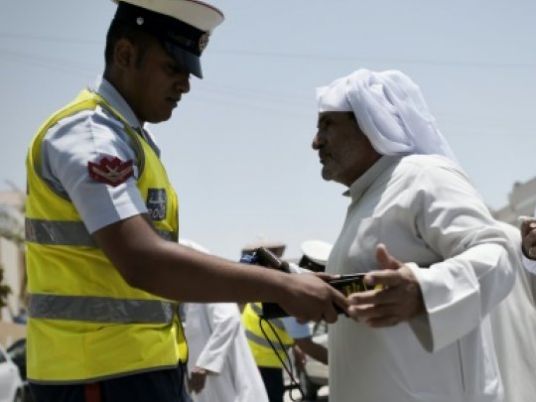Activists’ fight against military trials have faced a series of setbacks and breakthroughs over the last two weeks. More than 300 protesters referred to military trials were released with suspended sentences, while the military also issued its first death sentence through military court.
The military refused to provide full lists of its detainees. However, lawyers estimate that the number of civilians tried in military courts since the Supreme Council of the Armed Forces took power on 11 February is as high as 10,000. They are concerned that civilians will face hasty trials in which they could be sentenced to death.
The recent mass releases leave only a few political detainees left in military prisons, but lawyer Ragia Omran says she will continue to fight for detainees sentenced to military trials in other incidents. She estimates that the number of these detainees exceeds 5000. Omran says that no matter what the nature of the charge is, all civilians are entitled to fair trials in civilian courts.
Last Wednesday, 120 protesters arrested in Tahrir Square on 9 March who had received military sentences ranging from one to seven years were released after receiving suspended sentences of six months to a year. Similarly, the last of the 187 protesters arrested in front of the Israeli Embassy on 15 May was released on Sunday with suspended three months to one year sentences.
Human rights lawyers and activists are feeling relief at their success in freeing protesters tried in military courts, but a shadow of skepticism remains. Many distrust the military and doubt the intentions behind its concessions.
“None of us understands the actions of the military. We believe that they were keeping the 9 March detainees in order to get some credit when they release them at a strategic time,” said Mona Seif, an activist who has been advocating against military trials.
Seif suggests that the release of the 9 March detainees could be an attempt by the military to counter activists' calls for major protests on 27 May.
Lawyers, though, say that even with the mass release of some detainees, their fight against military trials is not over yet.
Omran says that while the fight to release the remaining military convicts continues, another fight is starting to appeal the suspended verdicts of those released, which she says can still have damaging effects on the convicts.
“We shouldn’t just be satisfied that they are out. The suspended verdicts will go on their records, and if they as much as take part in a protest for the duration of the sentence, they can be locked up again,” said Omran.
Basma Zahran, a lawyer with the Protection of Egypt’s Protesters Front, says the organization is still calling for an end to trials of civilians in military courts. The organization is in the process of filing cases against the practice in the administrative court.
Two protesters remain in military prisons with their sentences ratified: Amr al-Beheiry and Mohamed Adel.
Beheiry was arrested during a violent military dispersal of a sit-in at the parliament on 26 February. He was then referred to military court, where he received a sentence of five years on thuggery charges despite the testimonies of many eyewitnesses, including human rights activist Laila Seweif, who said he broke no laws.
Adel, a banker, was arrested on 28 January and received a military sentence of five years. The military released a statement on 28 March granting Adel a retrial but, according to his mother, Nariman Ahmed, the military judiciary has not yet been informed of the decision.
Ahmed filed a request to appeal the verdict and says there is nothing she can do now but wait for a response.
In another move that provoked criticism from human rights organizations, the military court sentenced four people to death last week on charges of abduction and rape.
To make matters worse from a human rights perspective, one of those convicted is a minor, contravening Egyptian law that states that the death penalty or a military trial cannot be applied to anyone under 18.
“The execution sentenced issued for the child A.M.M. [to protect the minor’s name] shows to which extent the military judicial system disregards both civilian and military laws, which raises strong doubts regarding the efficiency of the military council in handling civilian trials,” said Adel Ramadan, a legal expert at the Egyptian Initiative for Personal Rights, in a statement issued by the organization to condemn the ruling.
The military has denied the report, saying that the convict is 22 years old.
At a protest last Wednesday, around 200 protesters announced their objection to military trials of civilians and demanded the release of all detainees. Protesters were especially angry about discrepancies between the treatment of former President Hosni Mubarak and his former members of his regime, who are being tried in civilian court while protesters and common criminals get swift military sentences.
Military trials of civilians have been one of the main grievances of protesters since the SCAF took control, and ending the practice is one of the top demands of activists, who call for a major protest in Tahrir Square on Friday.



